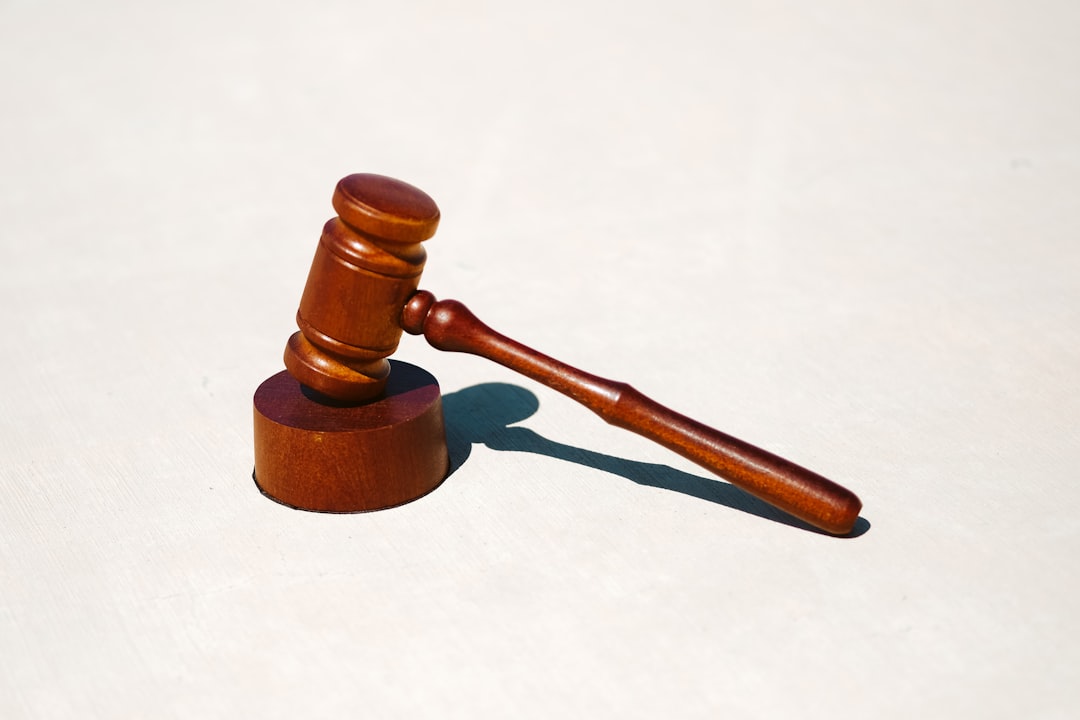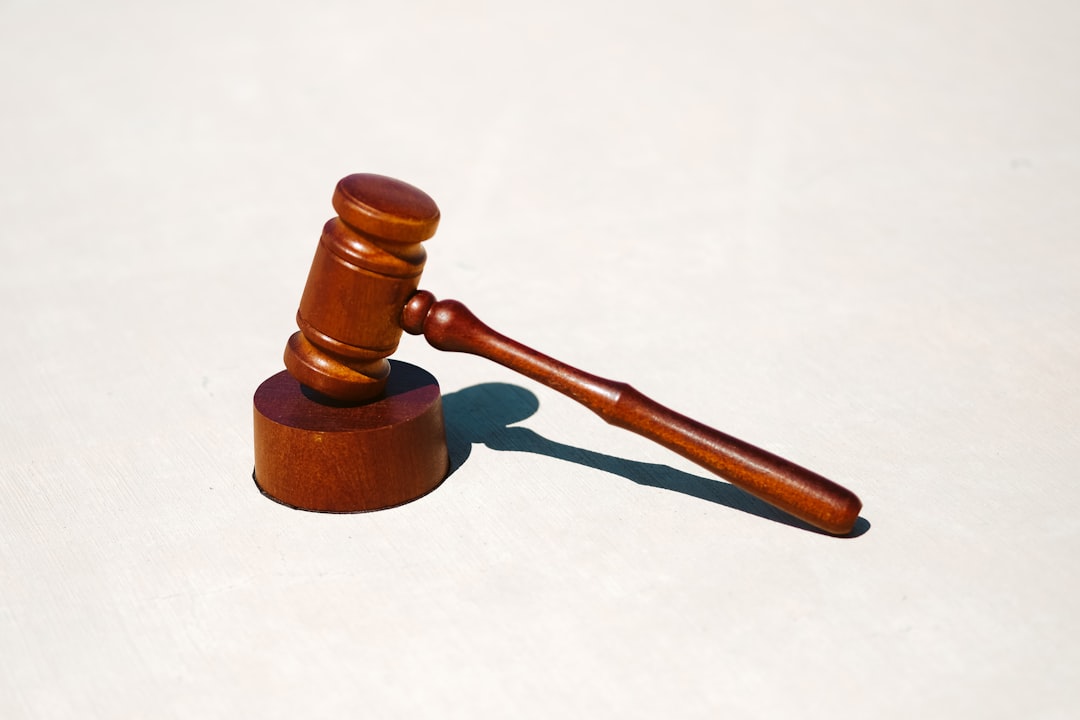Illinois' strict Do Not Call laws protect residents from intrusive calls by law firms and collection agencies. Individuals can register their numbers to restrict telemarketing calls, with enforcement by the Attorney General's Office. The Consumer Collection Practices Act (CCPA) governs debt collection practices, banning abusive language and repeated calls. The Illinois Attorney General's Office investigates complaints and ensures compliance, offering resources and legal action where needed. Consumers have rights including "Do Not Call" status, debt validation, and filing complaints with the Department of Financial and Professional Regulation. Strict regulations and awareness of rights under the Fair Debt Collection Practices Act (FDCPA) protect residents from unfair collection tactics, with further protection against unwanted calls from Do Not Call law firms in Illinois.
In the state of Illinois, individuals are protected from unfair collection practices by a robust legal framework. This article explores Illinois’ stringent Do Not Call laws, designed to safeguard residents from harassing debt collectors. We delve into the role of the Illinois Attorney General’s Office in enforcing these protections and examine the rights and remedies available to those facing unfair debt collection tactics. Understanding these laws is crucial for both consumers and law firms operating within Illinois.
Understanding Illinois' Do Not Call Laws

In Illinois, the Do Not Call laws are designed to protect residents from unwanted and harassing phone calls, especially from law firms and collection agencies. These laws give individuals the right to request that their telephone number be added to a state “Do Not Call” list, restricting most telemarketing calls to their residence. By registering, Illinois residents can significantly reduce the number of unsolicited calls they receive from legal professionals or debt collectors.
The Do Not Call law in Illinois is enforced by the Attorney General’s Office and provides an effective mechanism for consumers to assert their privacy rights. It’s crucial that both individuals and law firms adhere to these regulations to ensure fair collection practices. Residents can register their numbers online or through a dedicated mail-in form, ensuring they no longer receive unwanted calls from law firm representatives under state legislation.
Protecting Residents from Harassing Collection Practices

In Illinois, residents are protected from unfair and harassing collection practices under state laws designed to safeguard consumers. These laws, notably the Consumer Collection Practices Act (CCPA), regulate how debt collectors can interact with individuals, including the frequency and manner of contact. Under the CCPA, collectors are prohibited from using abusive, threatening, or coercive language, as well as from making repeated phone calls with the intent to annoy or harass.
Additionally, Illinois residents have the right to request that their information not be shared with other creditors or collection agencies. This “do not call” request can significantly reduce the number of unwanted contact from collection firms. By implementing these protections, Illinois aims to ensure that its residents are treated fairly and respectfully during debt collection processes.
The Role of the Illinois Attorney General's Office

The Illinois Attorney General’s Office plays a pivotal role in protecting individuals from unfair collection practices. They enforce the state’s debt collection laws, which include strict regulations on how collectors can interact with consumers. The office provides resources and assistance to residents facing aggressive or illegal collection tactics, ensuring that their rights are upheld.
Additionally, the Attorney General’s Office investigates complaints against collection agencies and takes legal action when necessary. By holding these entities accountable, they help maintain a fair and transparent debt collection environment in Illinois. Residents are encouraged to reach out for advice and support if they believe their rights have been violated, especially regarding Do Not Call laws that restrict unsolicited contact from law firms.
Rights and Remedies for Unfair Debt Collection

In Illinois, individuals facing unfair debt collection practices have several rights and remedies available under state laws. These protections are designed to ensure that collectors adhere to ethical standards and respect the privacy and dignity of consumers. One of the most significant safeguards is the “Do Not Call” law, which prohibits debt collectors from making unwanted phone calls to consumers who have registered their numbers with the Illinois Attorney General’s office.
Moreover, Illinois law grants debtors the right to request validation of their debt, requiring collectors to provide proof of the debt’s legitimacy. Debtors can also file complaints against abusive collection practices with the Illinois Department of Financial and Professional Regulation. These actions not only protect individuals but also help maintain a fair and transparent debt collection environment in the state, ensuring that consumers are treated fairly while resolving their financial obligations.
Enforcing Collection Law: What You Need to Know

In Illinois, enforcing collection laws is strictly regulated to protect individuals from unfair practices. If you’re facing debt collection attempts, it’s crucial to understand your rights and options. The Fair Debt Collection Practices Act (FDCPA) prohibits collection agencies from engaging in abusive, false, or deceptive acts when attempting to collect a debt. This includes calling you repeatedly at inconvenient times, making threats, or misrepresenting the amount owed.
Knowing your rights is the first step. If you believe your rights have been violated, you can file a complaint with the Consumer Financial Protection Bureau (CFPB) and take legal action against the collection agency. Illinois also has its own Do Not Call laws that specifically prohibit telemarketers from calling residents without prior consent. This includes collections calls, so if such calls persist despite your requests to stop, you have recourse under both federal and state laws.






